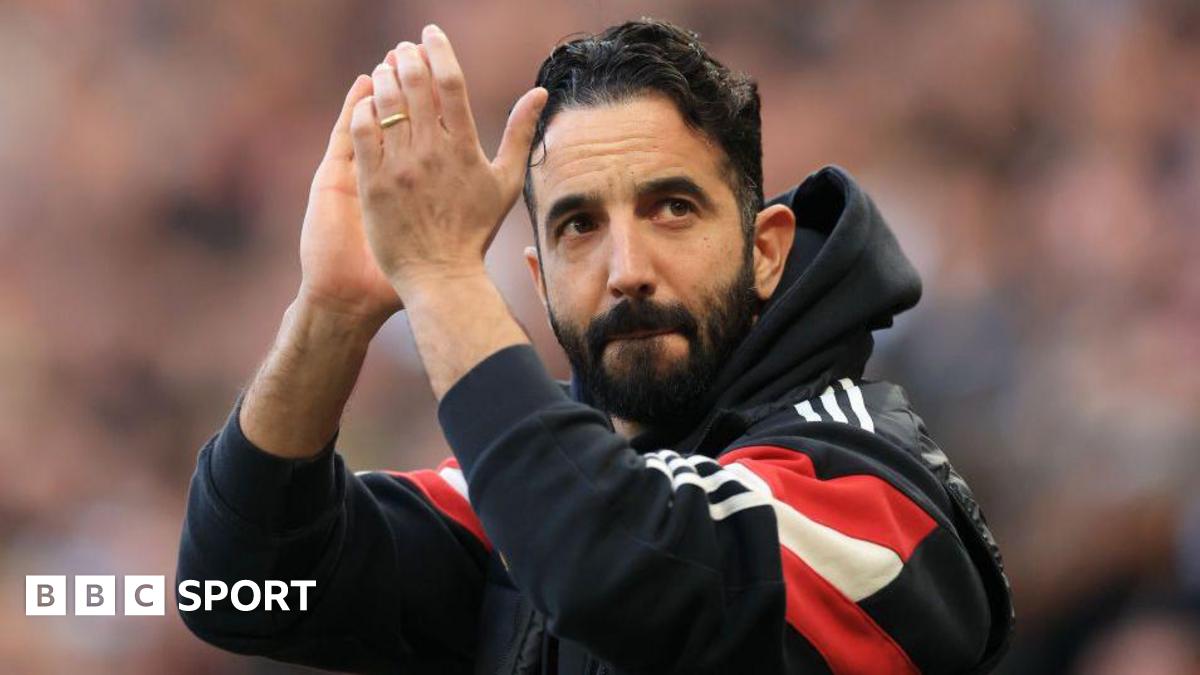- Netball Australia has rejected World Netball’s stance on inclusivity
- World Netball banned transgender players from international competition
- But the Australian body will not follow the guidance at national level
A row in netball has erupted after Netball Australia rejected World Netball’s ban on transgender players from elite competition.
Australia’s governing body said on Wednesday it had no plans to follow their global counterpart’s lead after a new participation and inclusion policy banned transgender players from women’s international competition.
World Netball said they came to the decision after lengthy consultation.
‘Following detailed review of the science and consultation with experts and members, it has determined that international level women’s netball is a gender affected activity and that a policy is required [to] ensure fairness and safety at this level of our sport,’ a statement from the body read.
WN added that national governing bodies are allowed to ‘modify or even not apply these guidelines’ and Netball Australia has opted not to change their own policy from 2020, which welcomes transgender and gender diverse athletes in elite competitions, such as Super Netball.
Netball Australia has rejected World Netball’s stance on transgender participation

World Netball has banned transgender players from competing in women’s international competition, effective immediately
There are currently no transgender players in the national competition. However, WN’s new policy means transgender players are ineligible for selection to play for the Australia Diamonds.
Netball Australia said they are ‘proud of its leading transgender guidelines for both community and elite netball’.
‘These guidelines are based on a commitment to provide welcoming and inclusive environments for all people to play netball,’ they added.
Netball Australia’s guidelines state that trans and gender diverse players must have a cetain level of testosterone measured in their blood over a 24-month period.
That testosterone level must correspond to roughly half that of what an average man would have.
Transgender players are permitted to play in local community netball competition.
SBS broadcaster Lucy Zelic publicly supported WN’s stance, having previously taken a swipe at a women’s soccer team for fielding five biological men. The Flying Bats won a pre-season competition in NSW, with a number of dominant scorelines.
‘Well done to World Netball who have shown tremendous leadership and released their Policy on Participation and Inclusion,’ she posted on Tuesday.
Zelic has expressed concern about the ‘integrity’ of women’s sport if transgender athletes participate, adding: ‘Women are terrified to speak openly about this issue and that’s not ok.’

But Australia’s Super Netball league will not follow the World Netball guidance. There are currently no transgender players competing in that competition
On the Flying Bats’ official website, they claim they are ‘the biggest LGBTQIA+ women’s and non-binary football club in the world’.
Club president Jennifer Peden told Daily Mail Australia: ‘As a club, the Flying Bats FC stand strongly for inclusion, and pride ourselves on safe, respectful and fair play, the promotion of a supportive community for LGBTQIA+ players, officials and supporters, and the significant physical, social and mental health benefits that participation in sport brings, especially to marginalised members of the LGBTQIA+ community. We are a club that values our cisgender and transgender players equally.
‘We strongly support the Australian Human Rights Commission’s guidelines for the inclusion of transgender and gender diverse people in sport.
‘These guidelines, along with the Sex Discrimination Act, inform the gender inclusion policies of Football Australia, Football NSW, and the North West Sydney Football Association at the community, grassroots level at which we play.
‘Trans women belong in the women’s competition because that is the gender with which they identify. Trans women have played with the club for at least 20 years, at levels ranging from beginner to skilled, just like our cis women players.
‘Our players are graded on ability, and placed in the team that is most appropriate for their skill and experience level.’













